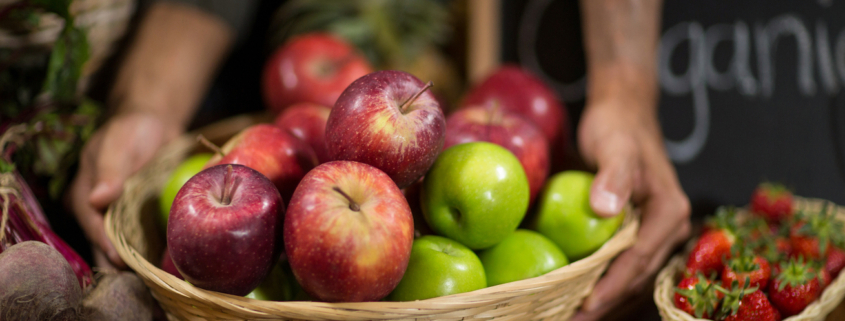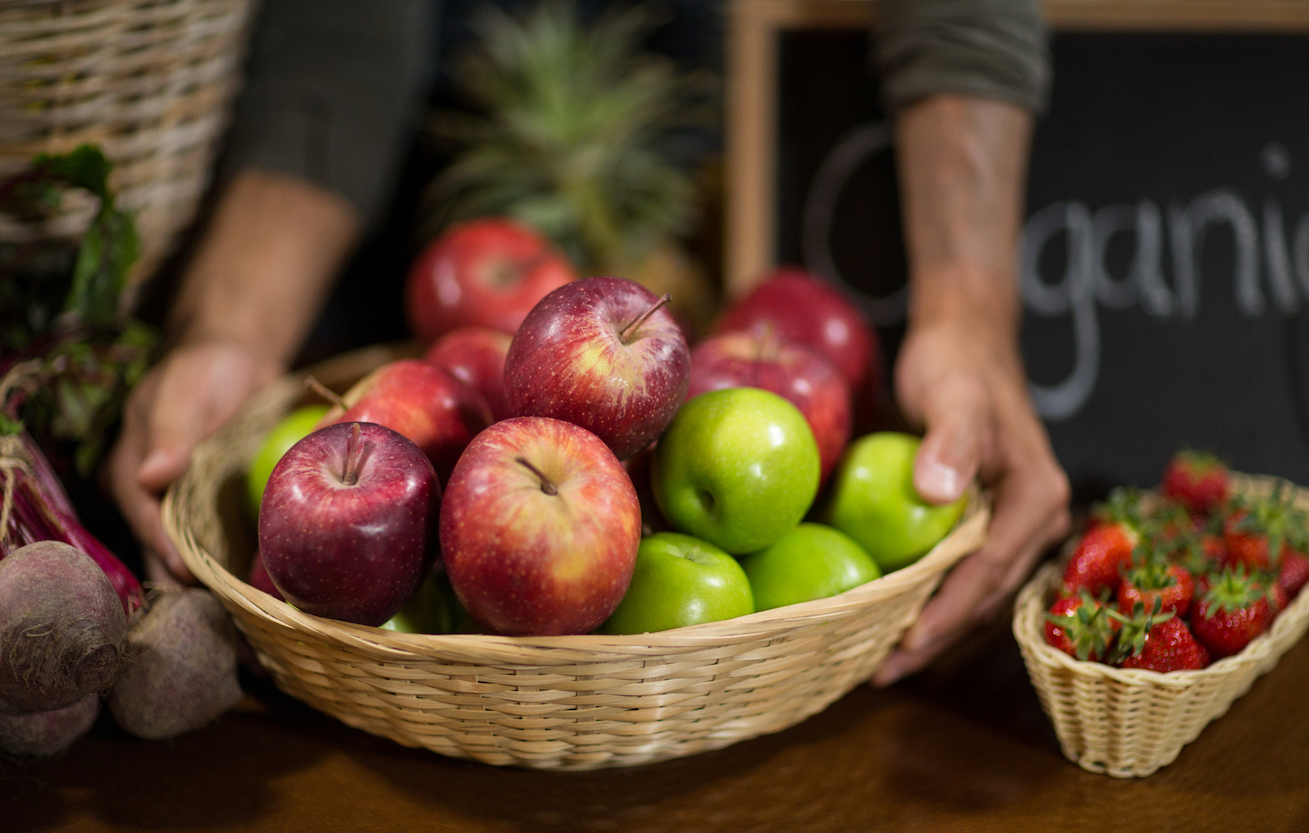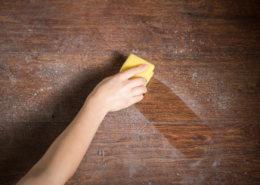A Guide to Storing Apples at Home: Keeping Them Fresh and Delicious
Apples are a versatile fruit that are as nutritious as they are delicious. In season, apples are among the cheapest options in the produce department. The smart move is to load up to enjoy them for weeks or even months until the next peak season. How and where can we store apples to extend the amount of time to enjoy them before they turn soft, mushy, and inedible? With a few simple strategies, you can extend the shelf life of apples to the max, making certain they stay fresh and crisp until consumed.
In this post, I will provide you with valuable tips on how to store apples at home for enjoyment long after the season has passed—and to stop throwing out rotten produce!
Selecting the Right Apples for Storage
To store apples successfully, it’s important to start with high-quality fruit. Here are some key considerations when selecting apples you will not be consuming right away.
Variety Matters
Choose apples with a long storage life. Some popular apple varieties known for their excellent storage capabilities include Granny Smith, Honeycrisp, Fuji, and Braeburn.
Optimal Ripeness
Select apples that are slightly underripe. Overripe apples are prone to spoilage and can accelerate the decay process of other fruits in storage.
Inspect for Damage
Avoid apples with bruises, cuts, or any signs of damage. Damaged apples are more susceptible to rot and can quickly affect nearby apples.
Ideal Storage Conditions
Proper storage conditions play a vital role in preserving the freshness and flavor of apples. Here’s what you need to know:
Temperature
Apples should be stored in a cool environment, ideally between 30 to 35 degrees Fahrenheit (0 to 2 degrees Celsius). Avoid freezing temperatures, as it can cause the apples to become mealy.
Humidity
Maintain a moderate level of humidity, around 90%. This prevents the apples from losing moisture and becoming dehydrated.
Ventilation
Good airflow is crucial to prevent the build-up of ethylene gas, which accelerates ripening. Ensure the storage area allows for proper ventilation.
Best Storage Options for Apples
Now that you know the ideal storage conditions, let’s explore the different storage options available:
Refrigerator Storage
Store apples in the crisper drawer of your refrigerator. Keep them away from other fruits and vegetables, as apples release ethylene gas, which can cause premature ripening and spoilage.
Root Cellar Storage
If you have a root cellar or a cool basement, you can store apples in perforated plastic bags or wooden crates. Make sure to check them regularly for any signs of spoilage.
Individual Wrapping
Individually wrap apples in paper or place them in single-layer trays to prevent direct contact between fruits. This helps prevent the spread of spoilage if one apple goes bad.
Long-Term Storage Techniques
If you have a surplus of apples or want to store them for an extended period, consider the following long-term storage techniques:
Freezing
Peel, core, and slice the apples, then blanch them briefly in boiling water before freezing. This process helps maintain their texture and flavor. Store the frozen slices in airtight containers or freezer bags.
Canning
Preserve apples by canning them as applesauce, pie filling, or apple butter. Follow proper canning procedures to ensure food safety and longevity.
Dehydration
Slice apples thinly and dry them in a food dehydrator or an oven at a low temperature until they become crispy. Store the dehydrated apples in airtight containers in a cool, dark place.
FAQs
How long can I store apples in the refrigerator?
When stored properly in the refrigerator, apples can stay fresh for up to 2-3 months.
Can I store apples with other fruits and vegetables?
It’s best to store apples separately from other fruits and vegetables, as apples release ethylene gas, which can accelerate the ripening and spoilage of nearby produce.
How do I know if an apple has gone bad?
Look for signs of decay, such as soft spots, mold, or a fermented smell. If an apple is visibly rotten, discard it to prevent further spoilage.
Can I store apples at room temperature?
While apples can be stored at room temperature for a short period, they will last longer when stored in the refrigerator or a cool, dark place.
Is it necessary to wash apples before storage?
It’s generally recommended to wash apples right before consuming them, rather than before storage. Washing can remove the natural protective waxy layer, making the apples more prone to spoilage.
Conclusion
By following the tips outlined above, you can be certain that your apples stay fresh and delicious for an extended period. Remember to select the right apples, provide optimal storage conditions, and consider long-term storage techniques if necessary. Take these simple steps, and you will be enjoying the flavors and nutritional benefits of apples throughout the year.















Hi Mary — I have discovered another consistently long lasting delicious apple — Gala apples. I buy them by the bag at Samsclub at a pretty good price (no Costco yet in Maine but it is coming!!). Brings me back to the old adage — an apple a day keeps the doctor away!!!